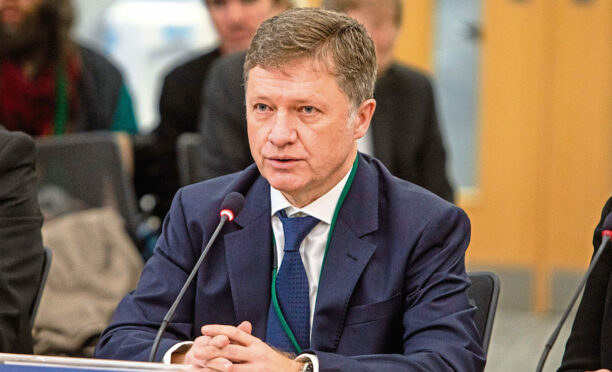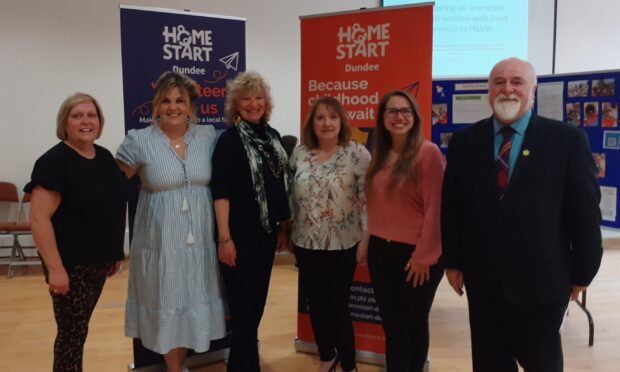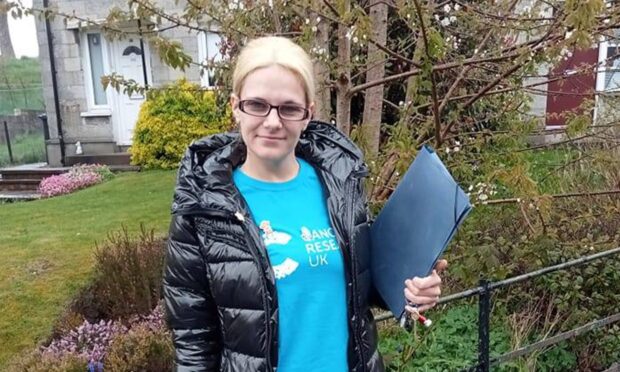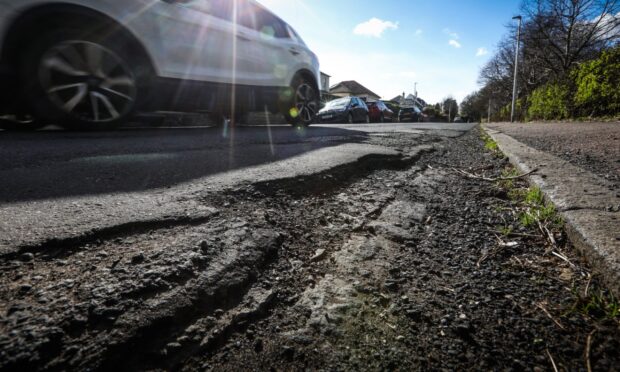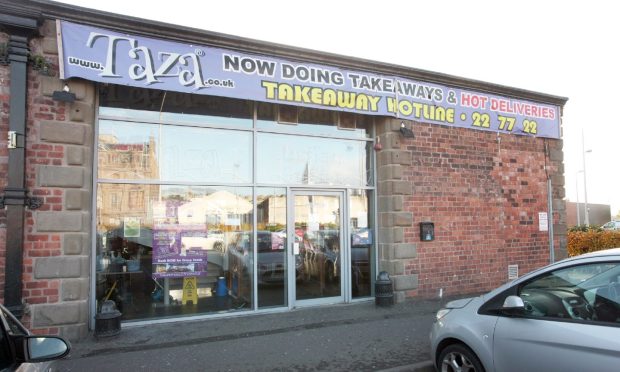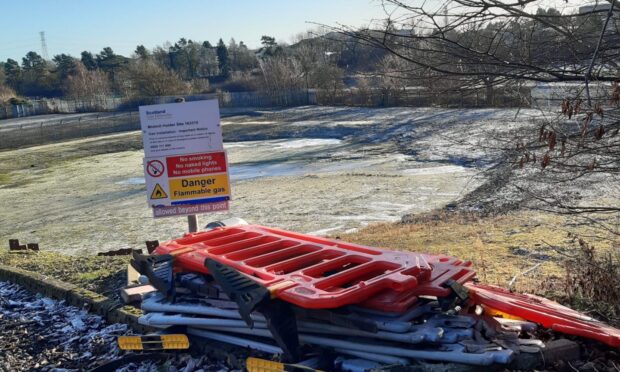Under pressure NHS Tayside bosses have been warned over the continued “high running costs” in the way they deliver health services to local communities.
The health board has received a Scottish Government bailout for the eighth year in a row – receiving £7 million in 2019/20 to balance its books.
Scotland’s auditor general Stephen Boyle has published a report highlighting the board’s “expensive operating model”.
He has also drawn attention to the number of unfilled senior leadership posts and said board members had not yet factored in additional Covid-19 spending into their plans.
Mr Boyle’s report praised improved waiting times for some services and cuts totalling more than £14 million made in 2019/20.
Positive moves on mental health
He said NHS Tayside leaders has also made positive moves to improve mental health services after a highly critical independent report highlighted a “a breakdown in trust and a loss of respect” between patients, families and service providers.
Mr Boyle said: “NHS Tayside has made some clear progress under its new leadership team after a number of very challenging years, but it still faces a number of risks.
“The board knows that achieving financial stability lies in changing the way its services are designed and delivered.
“We’ve already seen how Covid-19 has accelerated innovation in some areas. It’s now essential that NHS Tayside builds on that good work and increases the pace of change in priority services.”
‘Something of a milestone’
NHS Tayside chief executive Grant Archibald said the report “signals a sustainable improvement across the board in terms of both our financial position and, importantly, service performance for our patients.”
He claimed the health board was “on track to break even this year, which is one year earlier than set out in our three-year financial recovery plan.”
He said that was “something of a milestone” and praised the hard work of teams across health and social care for their work.
“Our priority, of course, remains the immediate response to Covid-19. Particularly as we are now entering winter and the additional pressures that introduces into our already extremely busy hospitals and community care settings,” he added.
“However, the progress we have made over the past two years means that we are confident we are best placed to look ahead and plan for the medium and long-term response to the pandemic – and the important transformation of services that will be required across health and social care services in Scotland.”
